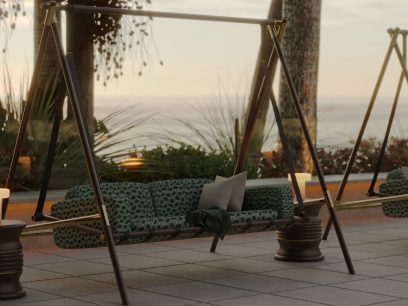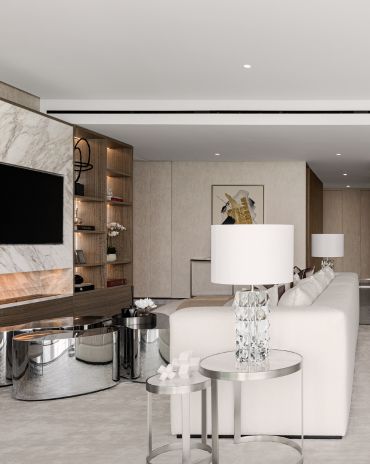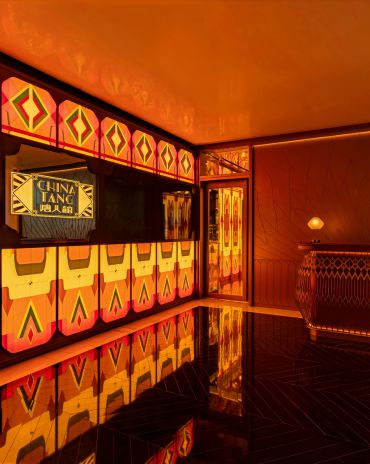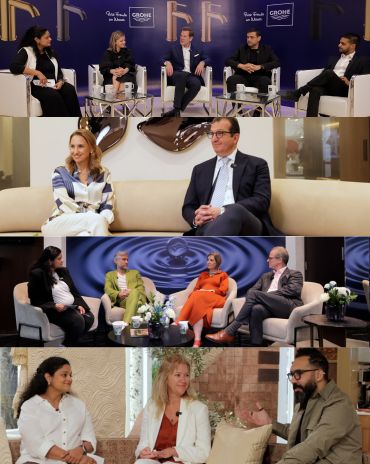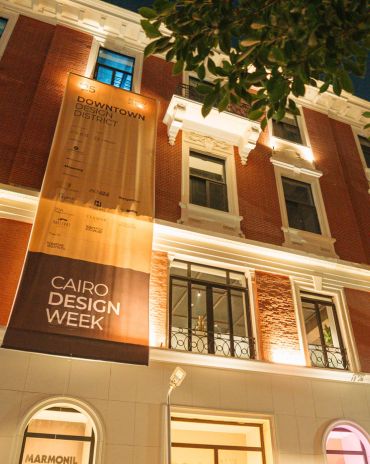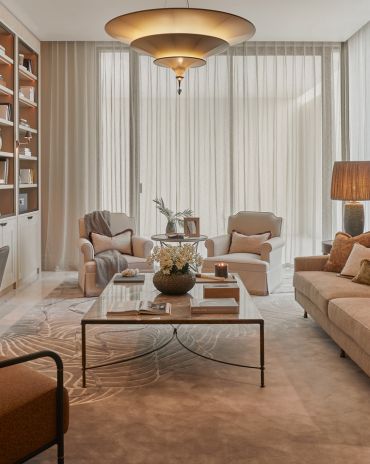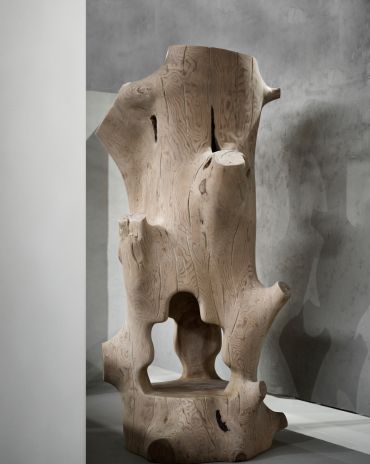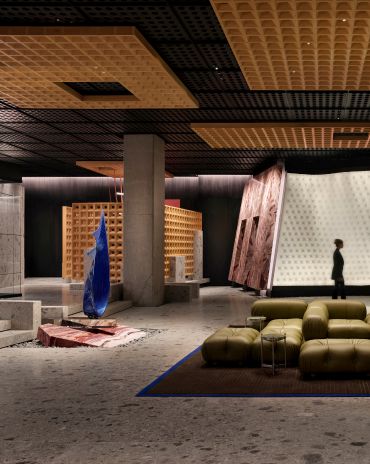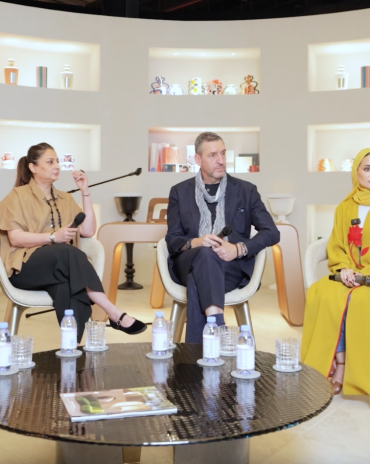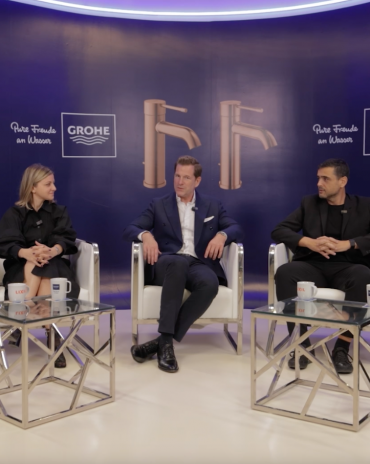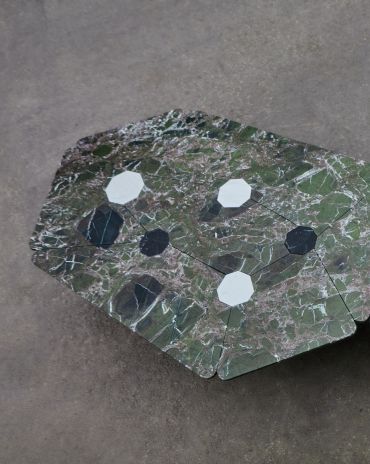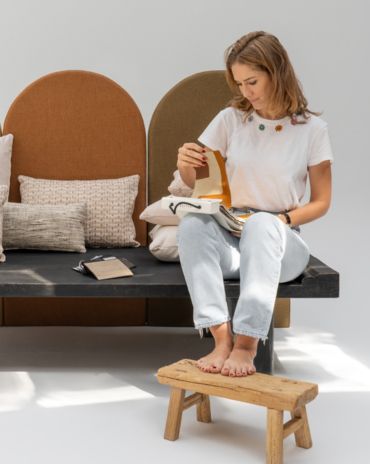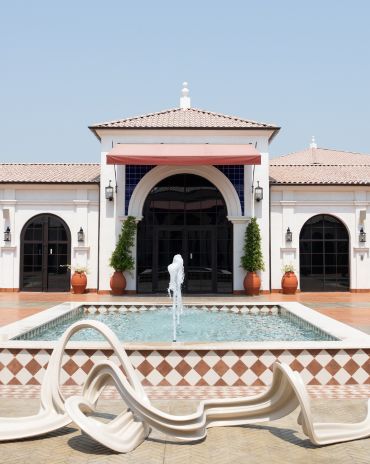Copyright © 2025 Motivate Media Group. All rights reserved.
A cross-cultural exhibition in Tokyo features works by young artists from the Gulf
The exhibition fosters a dialogue on 'youth-driven art' between Japan and the Gulf region
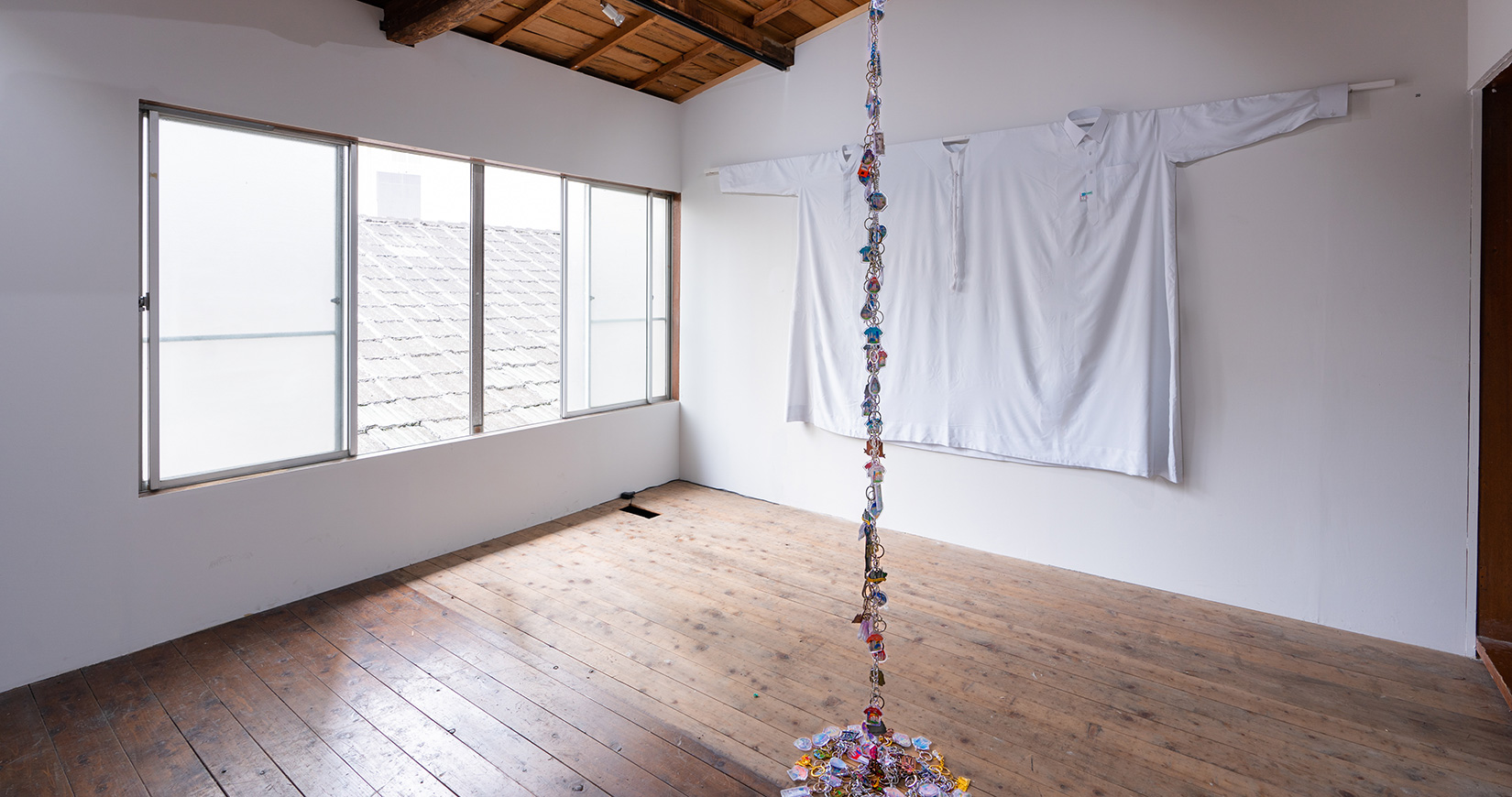
What first began as an exhibition series in NYU Abu Dhabi’s Project Space in 2016, and later at the CHI-KA Space in Alserkal Avenue in Dubai, the East-East Vol 4: The Curio Shop made its debut in Tokyo this summer, brining together young talent from across the Gulf region and Japan.
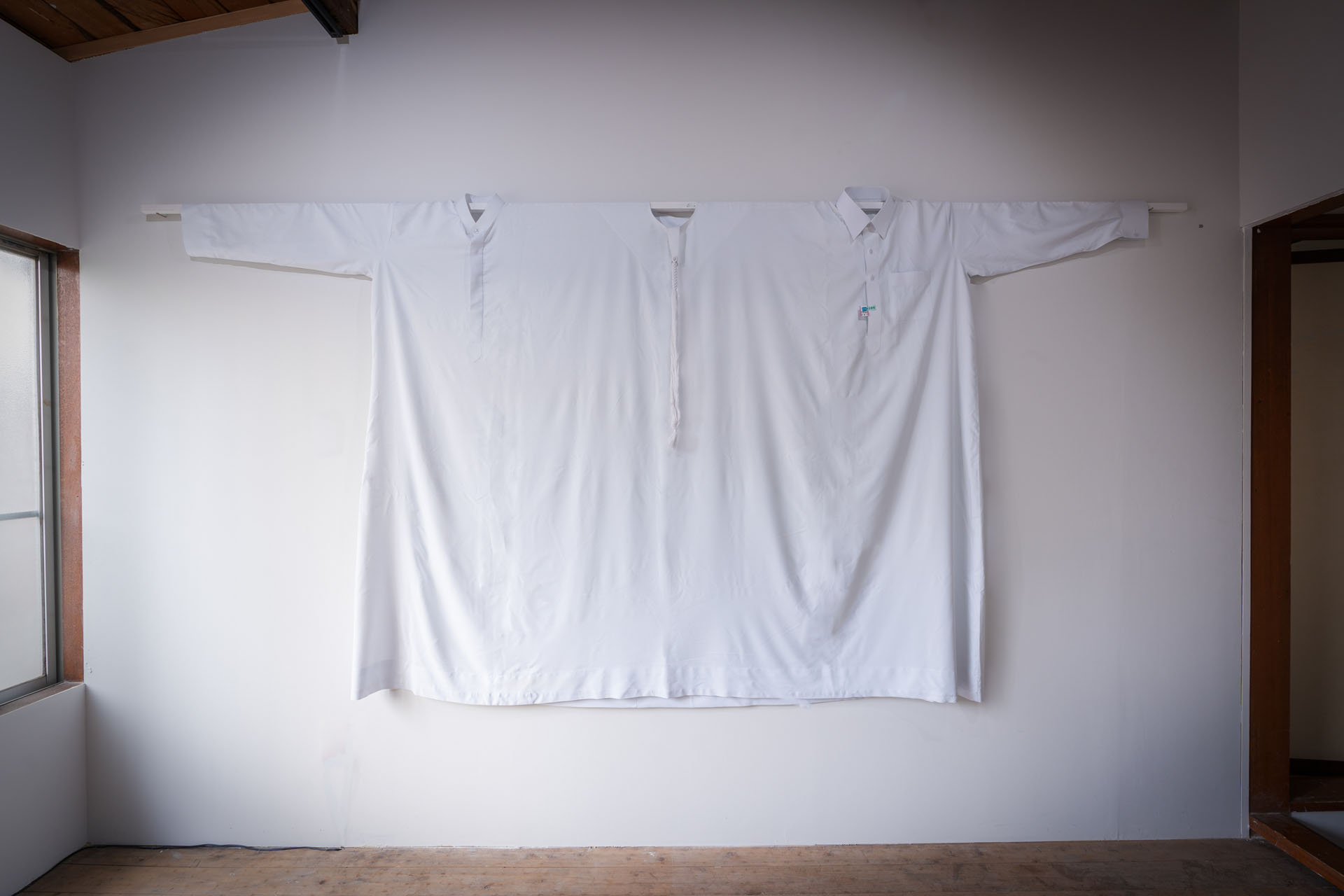
GCC Best Friend by Christopher Benton. Photography by Naoki Takehisa.
Curated by Sophie Mayuko Arni, an NYU Abu Dhabi alumni who also attended the Tokyo University of Arts, the exhibition is “in line with the youth-driven wave of artistic dialogues between the Arabian Gulf and Japan,” she describes.
The fourth iteration of East-East features the works of 15 artists based across the UAE and Bahrain as well as Japan, including Aisha Al Ali, Aliyah Al Awadhi, Almaha Jaralla, Arthur de Oliveira, Christopher Benton, Hashel Al Lamki, Salman Al Najem, and Khalid Mezaina, while the Japanese artists include: BIEN, DAISAK, Heijiro Yagi, Koiichiro Tada, Rintaro Fuse, and Tomoki Kurokawa.
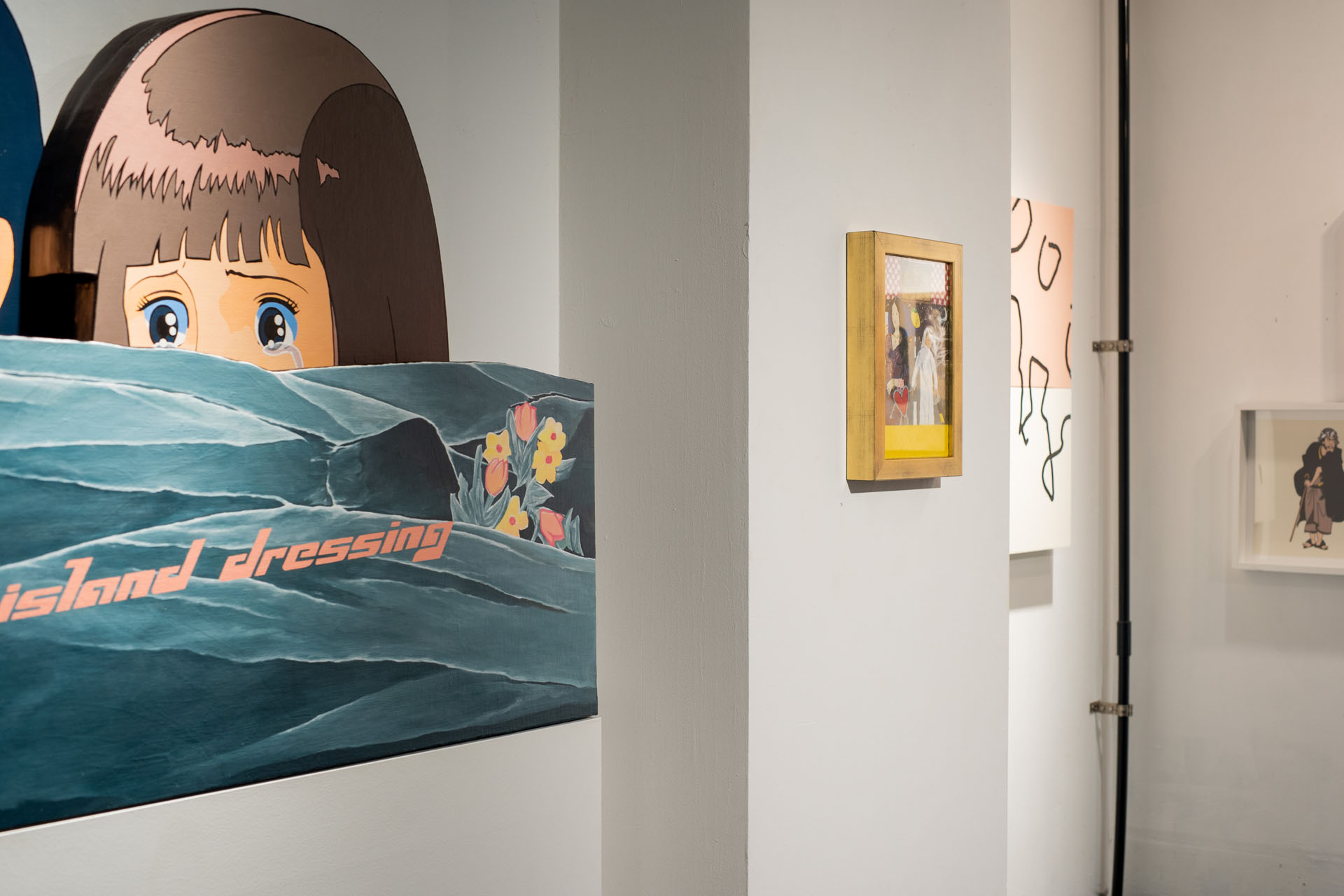
Thousand Island Dressing by Tomoki Kurokawa
The premise of the overall exhibition series lies in decentralising Eurocentric approaches to art by shedding light on a new generation of artists who are engaged in cross-cultural dialogue.
The inspiration behind this year’s title are the ‘curio shops’ found across Japan that sell finely crafted items, that is also the title of a photograph taken by Italian-British photographer Felice Beato in Yokohoma in 1868. The idea is to transpose the idea of the “curio” in today’s Tokyo.
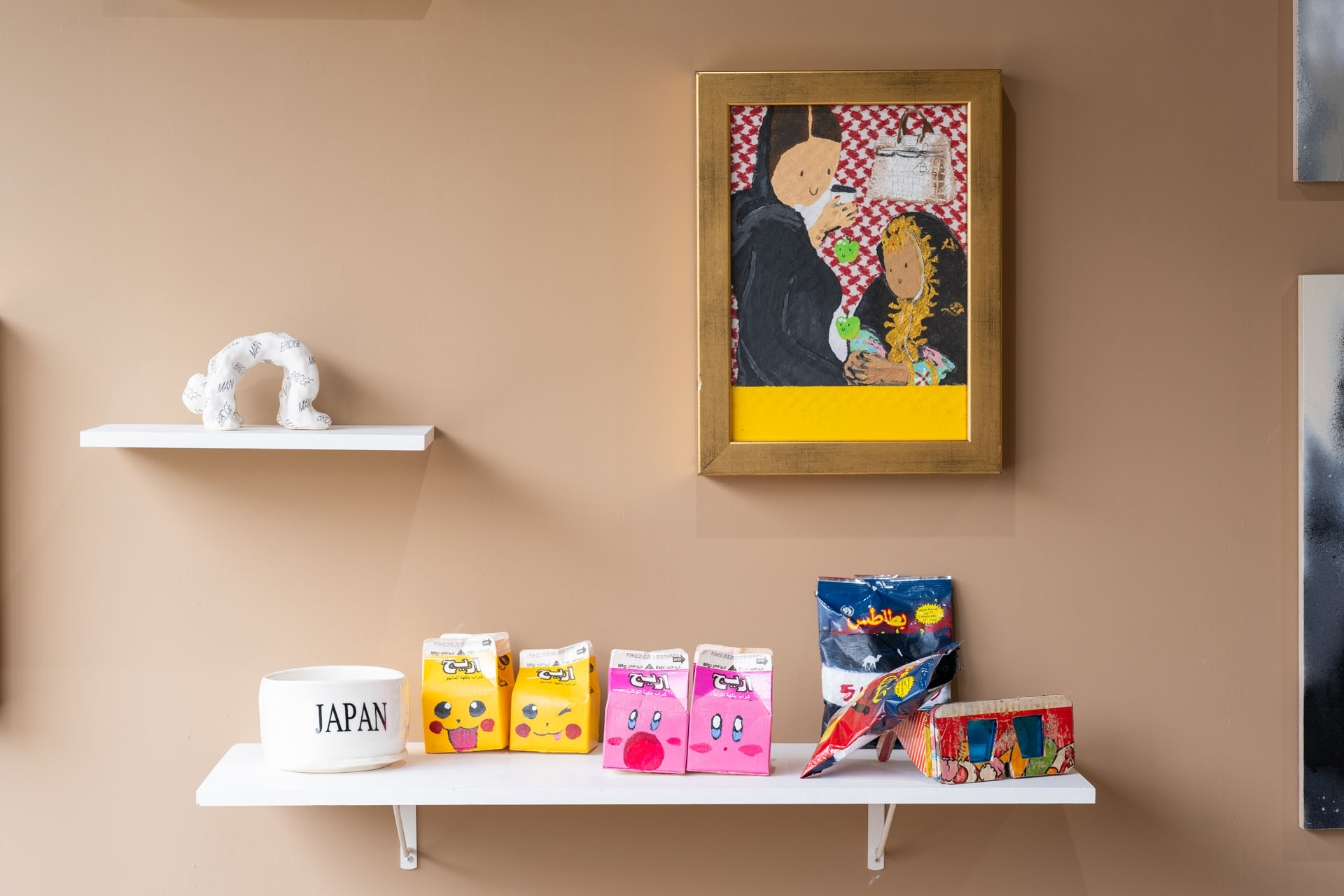
From left: Energy Tank by Daisak, One Million Aspiration by Salman Al Najem, Yesterday’s Inspiration by Aisha Al Ali.
“‘Curios’ is a 19th-century abbreviation for “curiosities,” used to describe works of fine craftsmanship sold in Japan to early foreign settlers in late 19th century Japanese port cities,” Arni explains.
“‘Curio-hunting’ was one of their favourite pastimes and the most popular product categories were porcelain, lacquerware, bronze-work, bamboo work, silk embroidery, and woodcut prints. Two centuries later, instead of lacquerware and porcelain vases, manga, anime, and digital design have emerged as today’s Japanese curios. [Alternatively], in the Arabian Gulf, images of postmodern architecture, skyscrapers, and desert dunes have emerged as some sort of “jpg curio”, instantly recognisable images of the Gulf and its booming economy. This exhibition will aim to present a contemporary and youth-led version of a cabinet of curiosities blending these two geographies in an East-East context.”
The Latest
A Home Away from Home
This home, designed by Blush International at the Atlantis The Royal Residences, perfectly balances practicality and beauty
Design Take: China Tang Dubai
Heritage aesthetics redefined through scale, texture, and vision.
Dubai Design Week: A Retrospective
The identity team were actively involved in Dubai Design Week and Downtown Design, capturing collaborations and taking part in key dialogues with the industry. Here’s an overview.
Highlights of Cairo Design Week 2025
Art, architecture, and culture shaped up this year's Cairo Design Week.
A Modern Haven
Sophie Paterson Interiors brings a refined, contemporary sensibility to a family home in Oman, blending soft luxury with subtle nods to local heritage
Past Reveals Future
Maison&Objet Paris returns from 15 to 19 January 2026 under the banner of excellence and savoir-faire
Sensory Design
Designed by Wangan Studio, this avant-garde space, dedicated to care, feels like a contemporary art gallery
Winner’s Panel with IF Hub
identity gathered for a conversation on 'The Art of Design - Curation and Storytelling'.
Building Spaces That Endure
identity hosted a panel in collaboration with GROHE.
Asterite by Roula Salamoun
Capturing a moment of natural order, Asterite gathers elemental fragments into a grounded formation.
Maison Aimée Opens Its New Flagship Showroom
The Dubai-based design house opens its new showroom at the Kia building in Al Quoz.
Crafting Heritage: David and Nicolas on Abu Dhabi’s Equestrian Spaces
Inside the philosophy, collaboration, and vision behind the Equestrian Library and Saddle Workshop.

